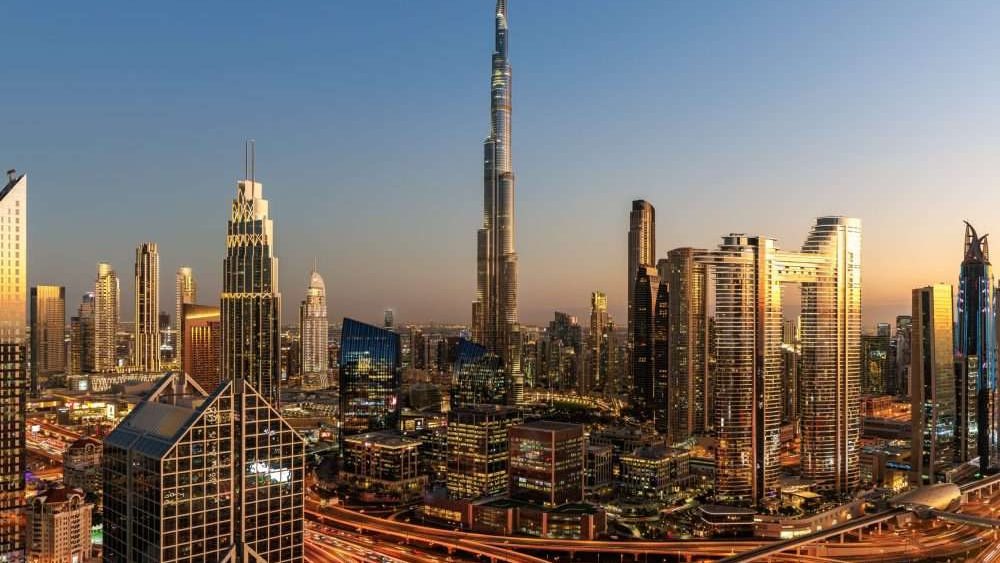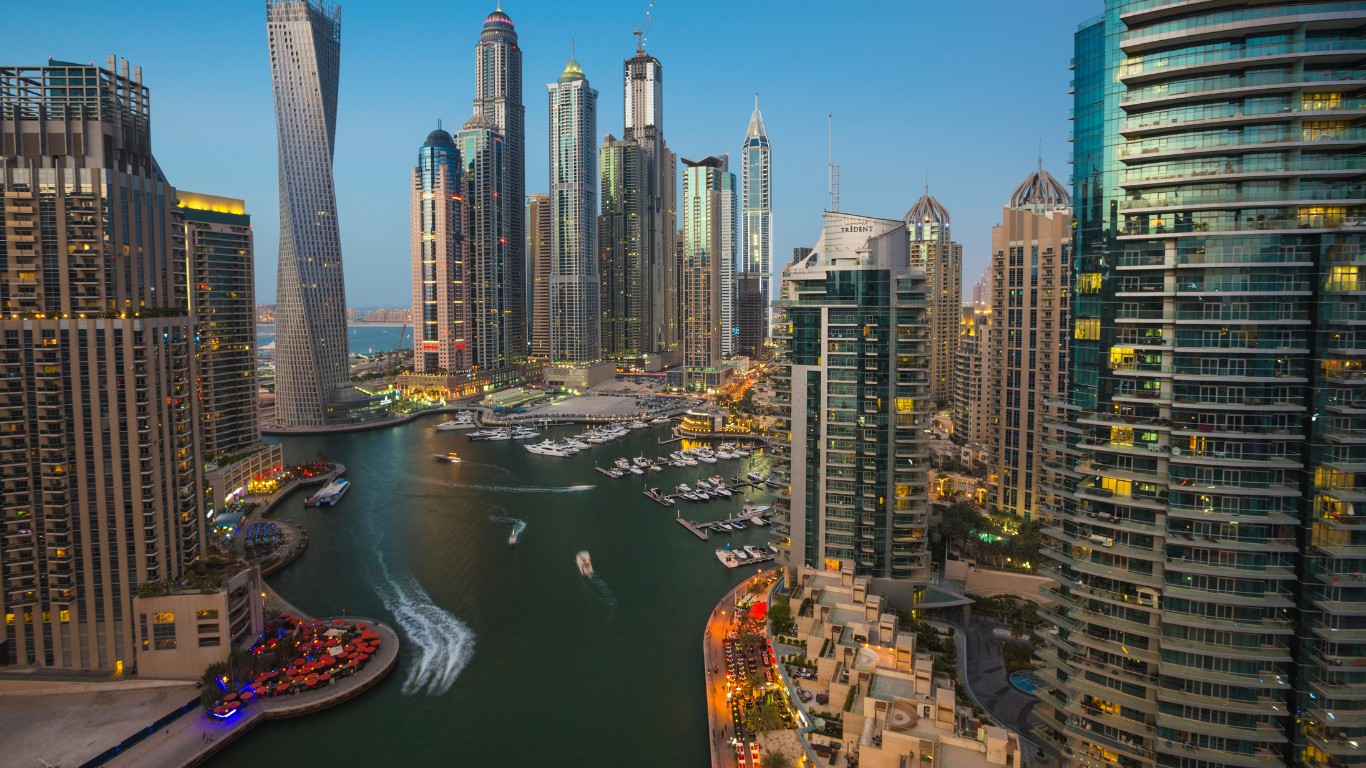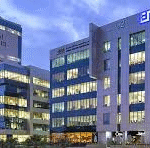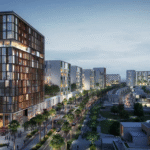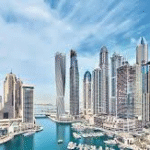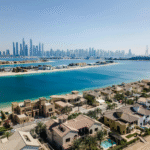Now Reading: Property Prices in Dubai 2025: Rising, Falling or Stabilizing?
-
01
Property Prices in Dubai 2025: Rising, Falling or Stabilizing?
Property Prices in Dubai 2025: Rising, Falling or Stabilizing?

Table of Contents
Dubai’s real estate market has always been a hot topic for investors, expats, and industry experts. In 2025, the city is seeing fresh developments, shifting buyer preferences, and a more mature investment environment. As we move into the second half of the decade, the Dubai real estate landscape is evolving quickly with smart investments, sustainable building, and lifestyle-focused communities shaping the future.
This article explores the key real estate trends emerging in Dubai this year and how they are impacting the city’s growth, economy, and global image.
A Strong Start in 2025
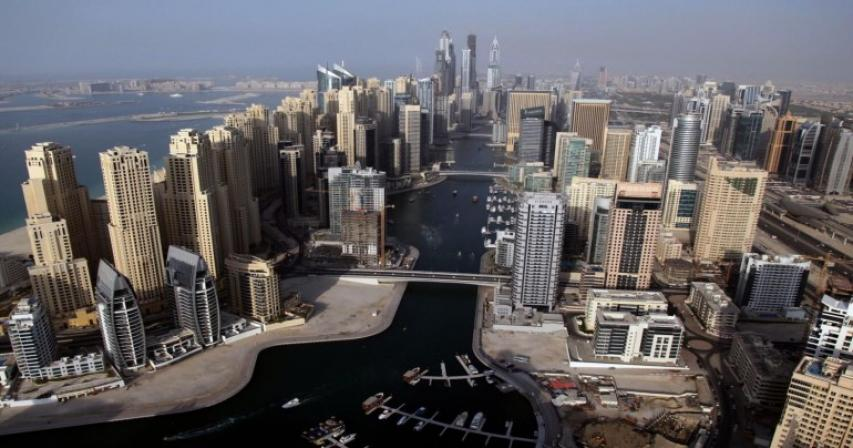
The year 2025 began with a strong performance in the property sector. According to recent reports from the Dubai Land Department (DLD), real estate transactions in the first quarter alone surpassed AED 150 billion. This was driven by increased demand from foreign investors, high-net-worth individuals (HNWIs), and the growing interest of tech entrepreneurs relocating to Dubai due to its tax-friendly policies.
Dubai continues to offer high returns on real estate, with an average rental yield of 6–8 percent—among the highest globally. Despite global inflation, rising interest rates, and political shifts, Dubai remains a safe haven for real estate investments in the Middle East.
Shift Toward Luxury and Ultra-Luxury Properties
One of the most prominent real estate trends in 2025 is the increasing demand for luxury and ultra-luxury properties. Areas like Palm Jumeirah, Dubai Marina, Downtown Dubai, and Emirates Hills continue to attract elite buyers from Europe, Russia, India, and China.
Properties priced above AED 20 million are seeing faster sales than before, largely driven by wealthy expatriates seeking privacy, security, and world-class amenities. Developers have responded by launching branded residences—such as those by Armani, Bugatti, and Ritz-Carlton—that offer not just homes but complete luxury experiences.
According to Knight Frank, luxury home prices in Dubai rose by over 15 percent in the past year alone, marking it as one of the world’s fastest-growing premium property markets.
Affordable Housing Grows in Importance
While the luxury market remains strong, affordable housing is also gaining attention. As Dubai’s population crosses 3.7 million in 2025, the city must meet the needs of middle-income residents, families, and young professionals.
Developers are increasingly investing in communities like Dubailand, Dubai South, and Jumeirah Village Circle (JVC), offering affordable yet well-designed homes. With efficient public transport, access to schools, and smart city features, these areas are becoming hotspots for first-time buyers and long-term tenants.
Government initiatives to support affordable housing and rent regulation policies are also encouraging more balanced growth across the market.
Smart Homes and Tech-Driven Developments
Dubai is positioning itself as a future-ready city, and the real estate sector is playing a major role in that transformation. Smart homes, AI-powered security, touchless entry systems, and energy-saving technologies are now standard in many new projects.
In 2025, developers are incorporating artificial intelligence, Internet of Things (IoT), and green building materials into both commercial and residential spaces. This trend aligns with Dubai’s vision to become a sustainable city by 2040.
Smart, tech-friendly neighborhoods like Dubai Silicon Oasis and Business Bay are seeing increased demand from the younger generation and remote workers who prioritize digital connectivity and eco-conscious living.
Rise in Demand for Short-Term Rentals
With Dubai welcoming record tourist numbers in 2025 over 20 million visitors projected by the end of the year short-term rental properties are in high demand.
Thanks to platforms like Airbnb and local vacation rental firms, property owners are generating strong returns from short-term letting. This model is especially attractive in tourist-heavy zones like Downtown Dubai, JBR, and Palm Jumeirah.
The Dubai government has also streamlined licensing processes for short-term rental operations, making it easier for landlords to legally and profitably rent out their properties to tourists.
Real Estate and the Golden Visa Impact
One of the game-changing policies affecting the 2025 market is the UAE’s Golden Visa program. Investors who purchase property worth AED 2 million or more are eligible for 10-year residency.
This policy has driven many international investors to consider long-term plans in Dubai. It has also increased trust in the Dubai market, as it offers both lifestyle and residency benefits in one package.
Developers are now launching special offers and financing options to attract Golden Visa seekers, including post-handover payment plans and no-interest installment options.
Commercial Real Estate Recovery and Growth
Dubai’s commercial real estate sector is also on the rise in 2025. The post-pandemic remote work trend is balancing out, with more businesses returning to physical offices albeit with hybrid models.
Flexible workspaces, co-working hubs, and smart commercial towers are in demand. DIFC, Business Bay, and Dubai Internet City remain commercial hotspots, attracting startups and international firms alike.
Retail space, especially in experiential malls and lifestyle complexes, is seeing recovery too. Mixed-use developments that combine living, working, and shopping spaces are setting new standards in real estate design.
What to Expect Next?
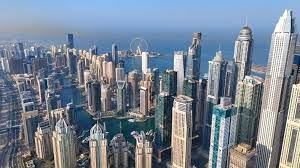
Looking ahead, experts believe Dubai’s real estate market will remain robust for the next 2–3 years. Major events like the upcoming World Future Urbanism Forum and the continuous influx of tech firms and digital nomads are expected to boost both residential and commercial sectors.
Additionally, government efforts in climate resilience, green construction, and smart urban planning will shape the next wave of real estate trends. As more international buyers view Dubai as a long-term investment destination not just a stopover the market is maturing in a healthy, sustainable way.
Final Thoughts
Dubai’s real estate trends in 2025 reflect a city in transition from rapid development to smart, sustainable, and investor-friendly growth. Whether you’re a buyer looking for a dream home, an investor seeking high ROI, or a developer planning the next big project, Dubai offers opportunities for everyone.
By staying informed about these trends, stakeholders can make better decisions, avoid risks, and take full advantage of what Dubai has to offer in its next phase of real estate evolution.
Read More:- Deyaar’s Latest Announcement Shakes Up the UAE Property Market



